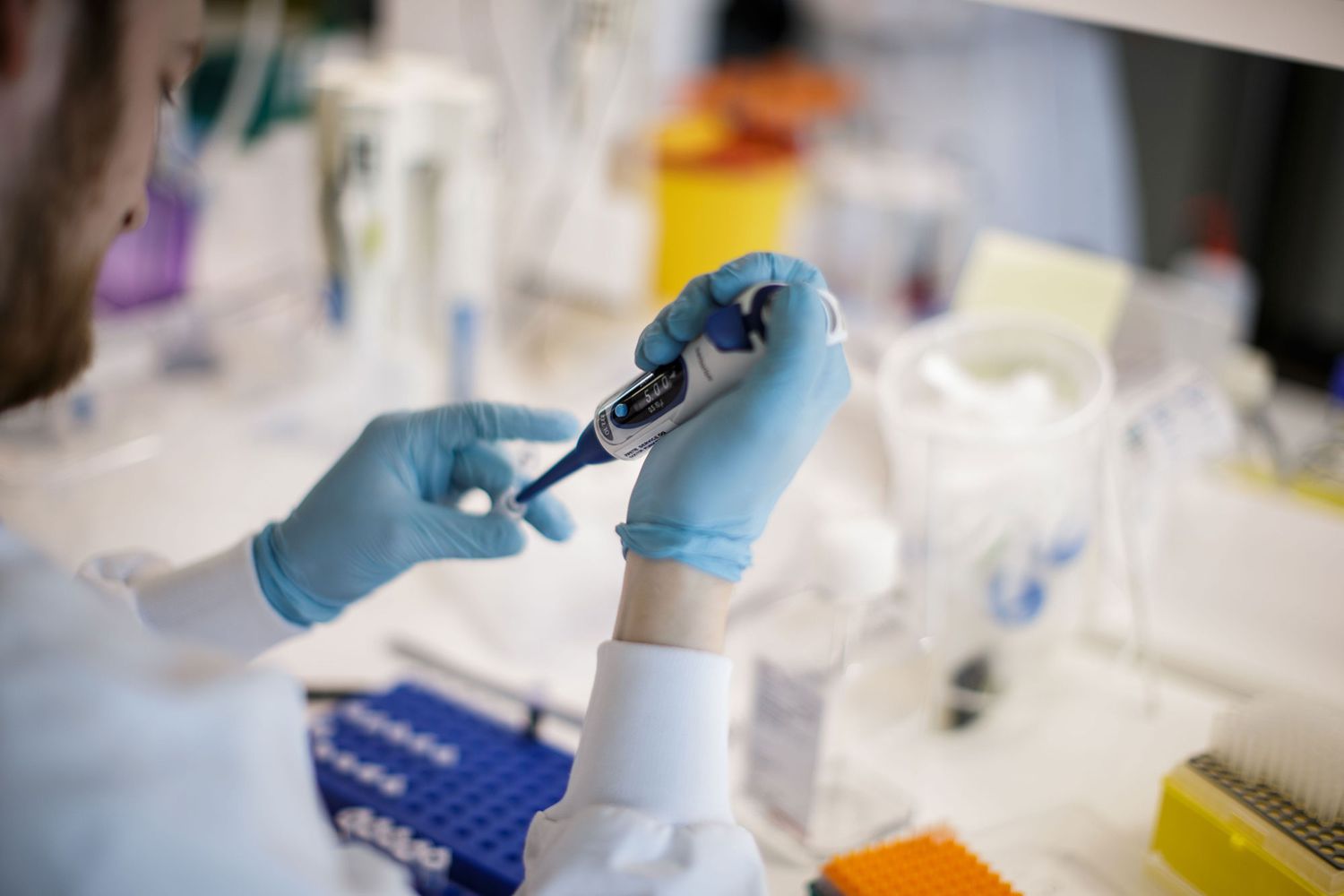
The first doses of the COVID-19 vaccine should go to healthcare workers and residents of long-term nursing homes, a panel at the Centers for Disease Control voted Tuesday.
With a COVID-19 vaccine coming as soon as mid-December, the Advisory Committee on Immunization Practices, an independent panel advising the CDC, voted 13 to 1 to recommend those two groups as the first in line due to their high risk of contracting the virus. The recommendation now goes to the CDC director, Dr. Robert Redfield, for his approval to make it the federal health agency’s official guidance.
The 21 million healthcare workers and 3 million residents and staff of nursing homes in the U.S. are at “exceptionally high risk” and therefore the priority for receiving the vaccine, the chair of the ACIP, Dr. Jose Romero, told CNN.
Though states are preparing for delivery and distribution of a COVID-19 vaccine around Dec. 15, one has not yet been approved in the U.S. Two companies — Pfizer and Moderna — have submitted theirs to the Food and Drug Administration for emergency use authorization. Both companies say that human trials of their vaccines have shown them to be highly effective, and have prevented COVID-19 infection in about 95 percent of their volunteers. Pfizer’s vaccine was approved for use in the United Kingdom on Wednesday morning.
One member of the panel, Beth Bell, a global health expert at the University of Washington, told the Washington Post that they are voting at “a particularly difficult time” in the pandemic with cases soaring out of control.
“There is an average of one covid death per minute right now,” she said, adding that during their four-hour meeting at least 180 people “will have died from covid-19, so we are acting none too soon.”
On Tuesday, there were 184,174 new cases of COVID-19 reported in the U.S. and 2,607 deaths, the most since May.
The panel will meet again in the coming weeks to decide which Americans are the next priority for the COVID-19 vaccine. They are expected to include other essential workers who cannot work from home in this second group, such as emergency responders, grocery workers, public transit workers, teachers, correction officers and police officers, The New York Times reported.
The next group would likely be adults over 65 and those with preexisting conditions that put them at a higher risk of severe illness from COVID-19. However, these priority groups are just recommendations, and state governors are allowed to decide how they distribute the vaccine as they get it.
The CDC said that they expect around 40 million vaccine doses to be distributed by the end of December, and then around 5 to 10 million will go out each week afterwards.
Dr. Anthony Fauci, the director of the National Institute of Allergy and Infectious Diseases, said Monday that the majority of Americans will likely be able to get the vaccine by April or May.
“By the time we get to April, we would likely have taken care of all the high priority and then the general population — the normal, healthy young man or woman, 30 years old that has no underlying conditions — can walk into a CVS or to a Walgreens and get vaccinated," he said.
As information about the coronavirus pandemic rapidly changes, PEOPLE is committed to providing the most recent data in our coverage. Some of the information in this story may have changed after publication. For the latest on COVID-19, readers are encouraged to use online resources from the WHO and local public health departments. PEOPLE has partnered with GoFundMe to raise money for the COVID-19 Relief Fund, a GoFundMe.org fundraiser to support everything from frontline responders to families in need, as well as organizations helping communities. For more information or to donate, click here.
Source: Read Full Article
